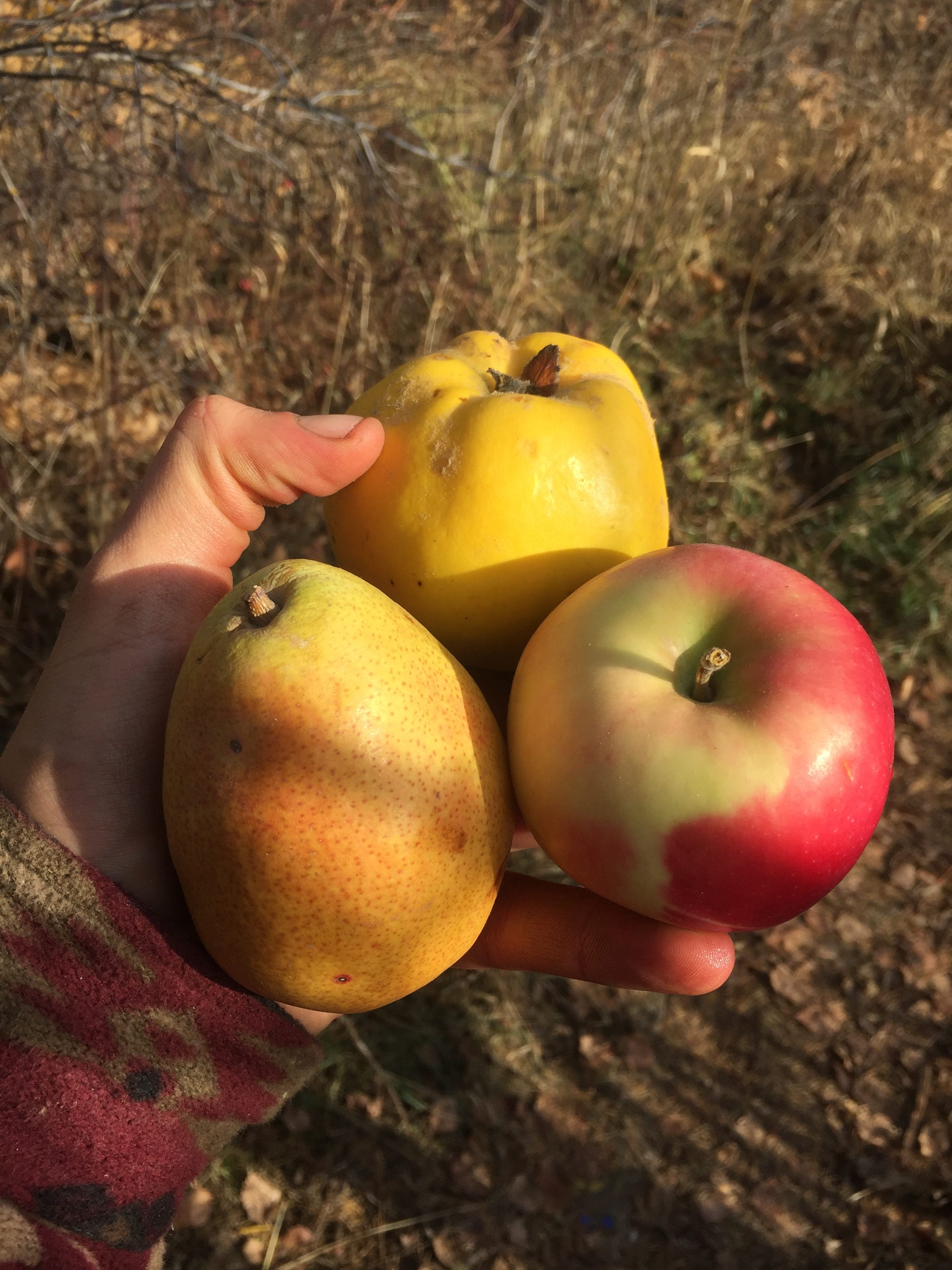
Pomology is the scientific study of fruit, which encompasses the cultivation, harvesting, storage, processing, and study of fruit plants. It is a branch of horticulture that focuses on the botanical, genetic, and physiological aspects of fruit plants, as well as the commercial production and consumption of fruit.
Fruit is a mature ovary of a flowering plant, which contains seeds that develop from fertilized ovules. It is the edible and juicy part of the plant that is consumed by animals, including humans, for its sweet and nutritional properties. Fruits are typically classified into two groups: fleshy fruits and dry fruits. Fleshy fruits are those that have a soft and juicy texture, while dry fruits are those that have a hard and dry texture. Examples of fleshy fruits include apples, pears, berries, and citrus fruits, while examples of dry fruits include nuts, grains, and legumes.
The study of pomology involves a range of technical parameters on the ways fruit is grown and classified. This includes the genetic makeup of fruit plants, the physiology of fruit growth and development, the environmental factors that affect fruit production, the postharvest handling and storage of fruit, and the breeding and selection of new fruit varieties. Pomologists use various scientific tools and techniques to understand the complex biological processes that govern fruit production, including molecular biology, genetics, plant physiology, and plant pathology.
Pomology plays an important role in agriculture and food production, as it helps farmers and growers to improve the quality and quantity of their fruit crops. By studying the genetic makeup and physiology of fruit plants, pomologists can develop new fruit varieties that are more resistant to pests and diseases, have better nutritional properties, and can be grown in different environmental conditions. They also help farmers to optimize the production of their fruit crops by providing advice on irrigation, fertilization, pruning, and other cultural practices.
Pomology also plays a crucial role in the commercial fruit industry, where it helps to ensure that fruit is produced and processed in a safe and sustainable manner. This includes developing new technologies and practices for fruit handling, storage, and transport, as well as ensuring that fruit is free from contaminants and pathogens that can affect human health. Pomologists also work with fruit processors and marketers to develop new fruit products and markets, and to educate consumers about the nutritional and health benefits of fruit.
The study of pomology is important for several reasons. First, it helps us to understand the biology and ecology of fruit plants, which are important components of many ecosystems around the world. Fruit plants provide food and shelter for a wide range of animal species, and they play a key role in the ecological balance of many habitats. By studying the physiology and genetics of fruit plants, we can better understand how they interact with other organisms in their environment, and how they are affected by environmental factors such as climate change.
Secondly, pomology is important for food security and human nutrition. Fruit is an important source of vitamins, minerals, and other essential nutrients that are needed for human health. By studying the nutritional properties of fruit, and developing new fruit varieties that are more nutritious and disease-resistant, pomologists can help to improve the health and well-being of people around the world.
Finally, pomology is important for economic development and environmental sustainability. Fruit crops are an important source of income for many farmers and rural communities, and they provide employment opportunities in a range of industries, including farming, processing, packaging, and marketing. By promoting sustainable fruit production practices, and by developing new markets and products for fruit, pomologists can help to create economic opportunities for people around the world, while also protecting the environment and natural resources.